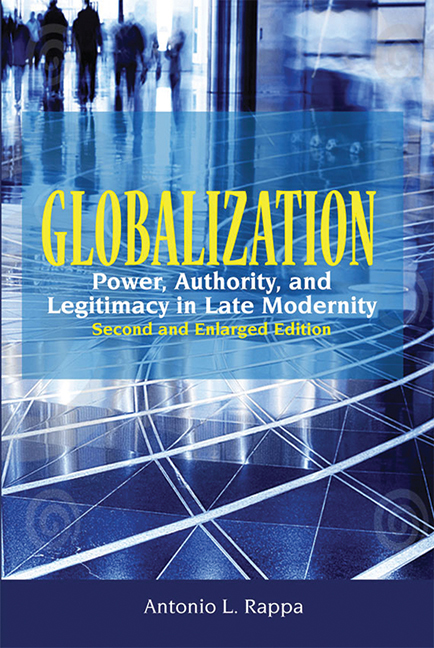Summary
Consuela: “Very soon, you are going to be rich”
Joe: “And that's not gonna break my heart”
Money legitimizes life in late modernity. Money empowers, authorizes, and legitimizes people. Money motivates, inspires, and stimulates us to do things we would otherwise not do. There is an old realist adage in political science: power is the ability of A to get B to do something B would otherwise not do. If money can make people do things they ordinarily would not do, then we can assume that money is power. In 1651, Thomas Hobbes asserted that the impression of power is power. It follows then that the impression of money (or possession thereof) is power. People who give the impression of wealth — dressing in expensive clothes, driving expensive cars, or wearing expensive watches — are often assumed to be wealthy. This has resulted in an unhealthy “respect” for superficial wealth and the appearance of wealth. People all over the world treat those with greater wealth in a superficially nicer manner. However, it is not a simple matter of giving people the impression of wealth.
Giving people and strangers the impression of wealth, otherwise known as “keeping up with the Jones's” is difficult and expensive to maintain. And money is at the root of this problem. Even the Christian Bible has a saying that the “love for money is the root of all evil” (I Tim: 6:10). Note that it does not say that money itself is the root of evil. We will understand why later. The influence that money has over people in late modernity harks back to the primordial past of civilization and currency. When we claim that money makes people do things they would otherwise not do, we are not simply referring to a willingness to rob a bank, or take a bribe, or deal drugs. We are also referring to individuals who risk life and limb just for a small monetary reward. People will do really stupid things just to win a small money bet. But does money bring happiness? The nouveau riche sportsmen of the NBA, NFL, NHL, and European soccer clubs, for example, seem to think so.
- Type
- Chapter
- Information
- GlobalizationPower, Authority, and Legitimacy in Late Modernity (Second and Enlarged Edition), pp. 133 - 167Publisher: ISEAS–Yusof Ishak InstitutePrint publication year: 2011

